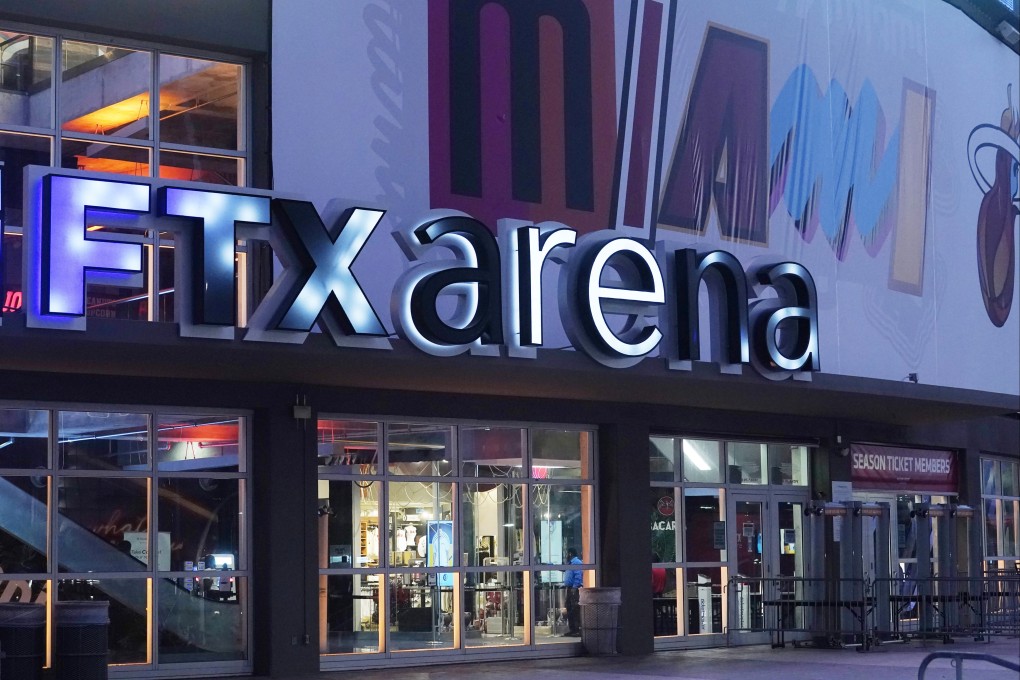Editorial | Wise decision saves Hong Kong’s Exchange Fund from far bigger battering
- City’s war chest may have fallen victim to ‘triple whammy’, but thankfully financial regulators shut the door on cryptocurrency products

The idiom “practise what you preach” holds people to account for their behaviour, at the risk of being labelled hypocrites if they do otherwise. In the case of the Hong Kong Monetary Authority the risk if it had not practised what it preached may now be measured in hundreds of millions, if not billions of dollars.
That would have been the extent of losses to the Exchange Fund, Hong Kong’s war chest to defend its dollar against attacks by speculators. The impact on the fund – money that belongs to Hong Kong people – would have come on top of a record loss on normal investments of HK$265.5 billion (US$34 billion) in the first nine months of the year, including more than HK$100 billion in the third quarter alone.
Hong Kong has its conservative financial regulators to thank for “dodging a bullet”, by maintaining resistance to opening the doors to cryptocurrency products for investors – and following their own advice. As a result, many crypto entrepreneurs – including management of cryptocurrency exchange FTX – decamped to friendlier jurisdictions, Singapore among them, before the collapse of FTX had a domino effect.
The city state’s Temasek Holdings, held up as the gold standard among global sovereign wealth managers, wrote off US$275 million from its exposure to FTX.
The Exchange Fund is to be commended for abiding by its own counsel, reflected in asset allocation of 72 per cent in bonds, 12.3 per cent in offshore equities, 6.6 per cent in deposits, 5.1 per cent in overseas property or other private-equity investments, and 4 per cent in Hong Kong stocks. Even so, the fund still fell victim to a “triple whammy” of falling valuations for equities, bonds and currencies.
